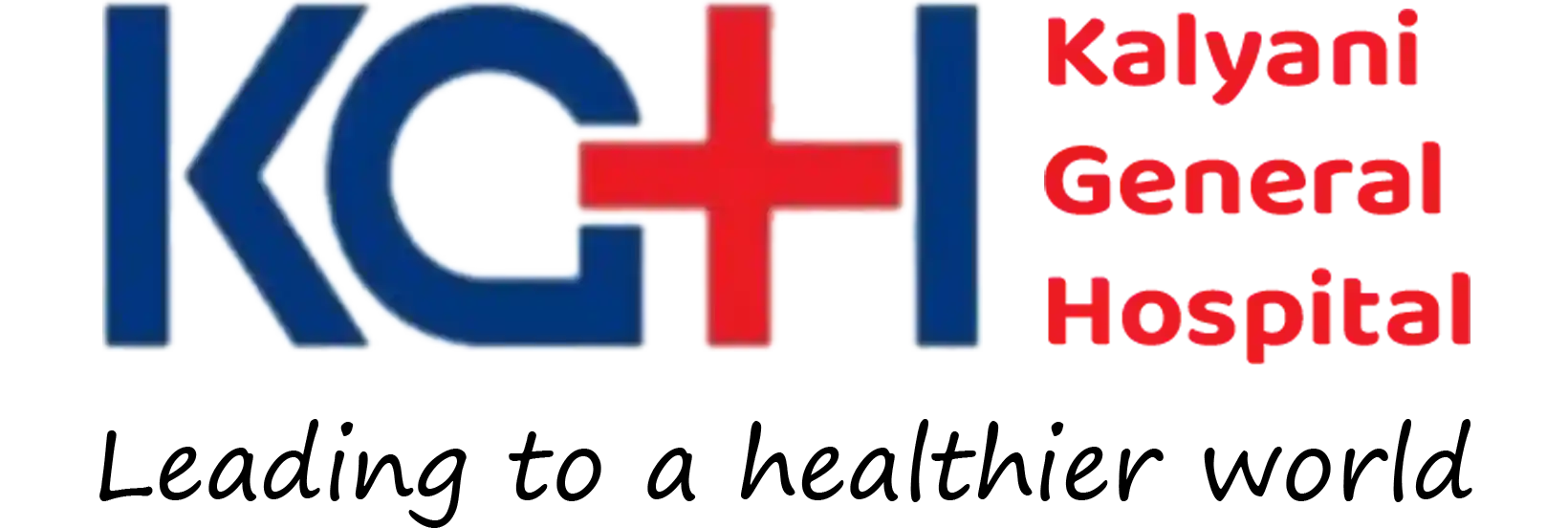
Kalyani General Hospital
- Book Appointment
- Book A Service
Department of
Gastroenterology & Hepatology
Committed to your digestive wellness
Overview
Gastroenterology is a branch of medicine focused on the digestive system and its disorders. It encompasses the diseases that affect the organs along your gastrointestinal tract, including the liver, stomach, intestines, pancreas and gallbladder. Gastroenterologists are able to diagnose and treat digestive disorders such as liver disease, ulcers, irritable bowel syndrome and some cancers. There are a few signs that you should seek help and make an appointment with a gastroenterologist, including: Unexplained changes in your bowel habits, such as Diarrhoea, constipation and blood in stool Unusual bloating Frequent and severe heartburn Sudden and severe abdominal pain You’re due for a colonoscopy.
Hepatology is more specifically focused on the liver, gallbladder, biliary tree and pancreas. There are a few specific reasons you may be referred to a hepatologist, including Liver injury caused by medication Gastrointestinal bleeding from portal hypertension Jaundice Ascites Enzyme defects Blood tests that indicate liver disease.
Treatment
- Abdominal Pain
- Achalasia
- Alcoholic Liver Disease
- Acute & Chronic Viral Hepatitis
- Anaemia
- Inflammatory Bowel Disease (IBD)
- Colitis
- Gallstones
- Viral Jaundice
- Gastroesophageal reflux disease (GERD)
- Early Gastrointestinal Cancer
- Liver Cirrhosis
- Diarrhoea
- Dysphagia
- Gastrointestinal (GI) bleeding
- Gastrointestinal Stromal Tumor (GIST)
- Gastrointestinal varices
- Intestinal cancer
- Obstructive Jaundice
- Pancreatitis
- Crohn's Disease

Clinical Team
Services
Endoscopy
Upper GI endoscopy examines the esophagus, stomach, and duodenum, diagnosing and treating gastrointestinal issues using a flexible tube.
Colonoscopy
Long colonoscopy examines the entire colon to detect abnormalities, taking more time than standard procedures for thorough assessment.
Sigmoidoscopy
Sigmoidoscopy is a medical procedure using a flexible tube to examine the lower part of the colon for abnormalities.
Endoscopic Foreign Body Removal
Endoscopic foreign body removal is a minimally invasive procedure to extract objects from the gastrointestinal tract using an endoscope.
Endoscopic variceal Band Ligation
Endoscopic variceal band ligation is a procedure to treat esophageal varices, reducing bleeding risk by banding veins.
Endoscopic Glue Therapy
Endoscopic Glue Therapy uses adhesive agents to treat gastrointestinal bleeding, varices, or fistulas non-surgically.
Colonic Polypectomy
Colonic polypectomy involves the removal of polyps from the colon, often via endoscopy, to prevent potential progression to cancer.
Sclerotherapy
Sclerotherapy treats varicose and spider veins by injecting a solution, causing veins to collapse and eventually disappear.
Percutenous Endoscopic Gastrostomy (PEG) tube insertion
Percutaneous Endoscopic Gastrostomy (PEG) tube insertion provides long-term feeding by placing a tube through the abdominal wall into the stomach.
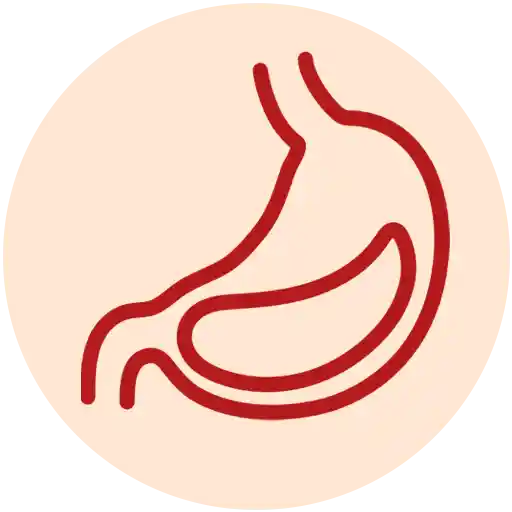 Gastroenterology & Hepatology
Gastroenterology & Hepatology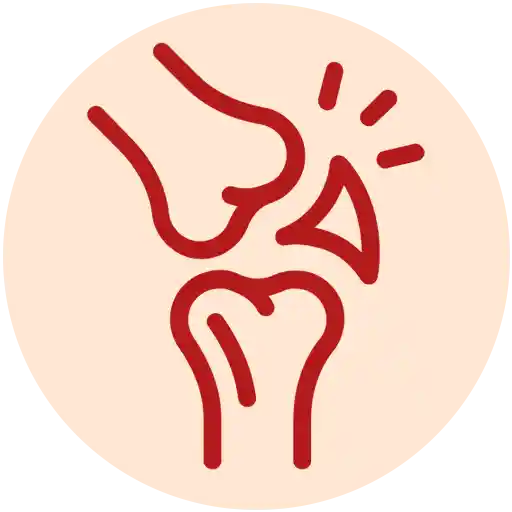 Orthopedic
Orthopedic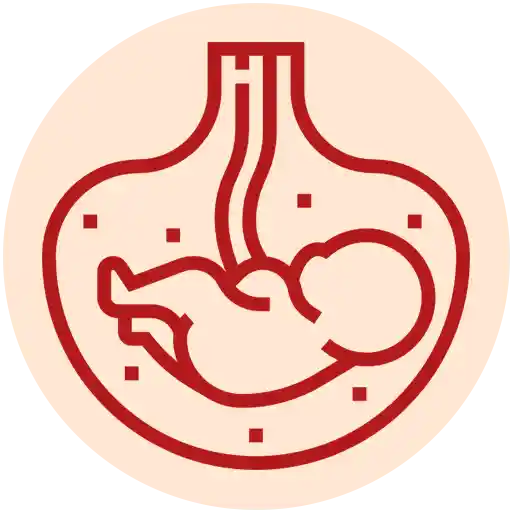 Obstetrics & Gynaecology
Obstetrics & Gynaecology General Surgery
General Surgery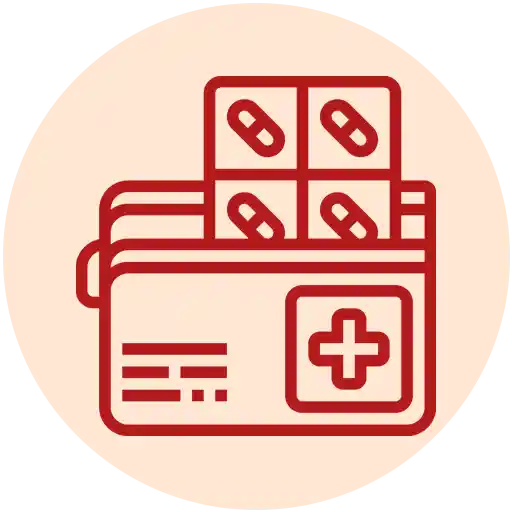 Internal Medicine
Internal Medicine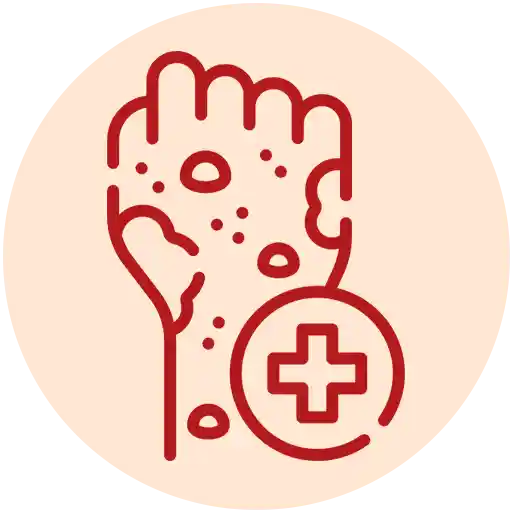 Dermatology
Dermatology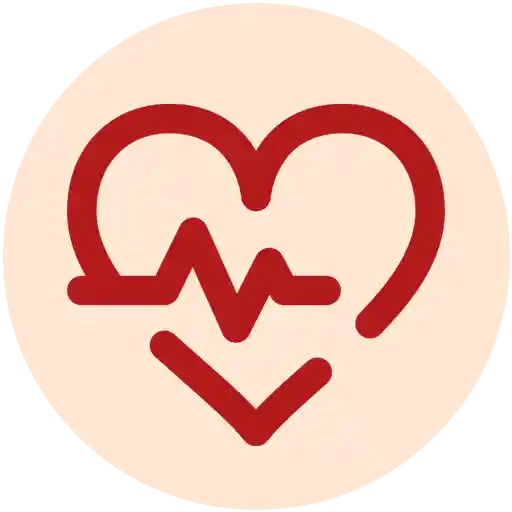 Cardiology
Cardiology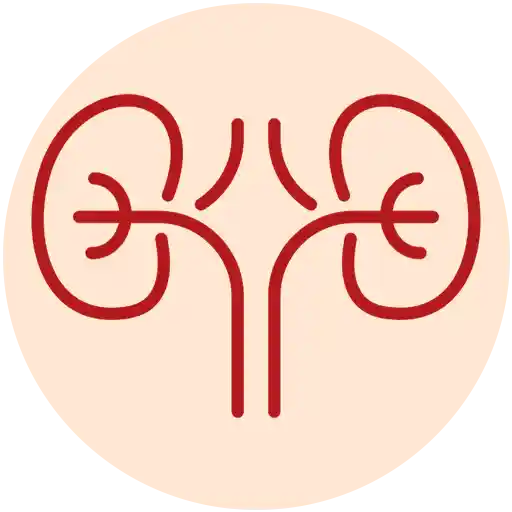 Nephrology
Nephrology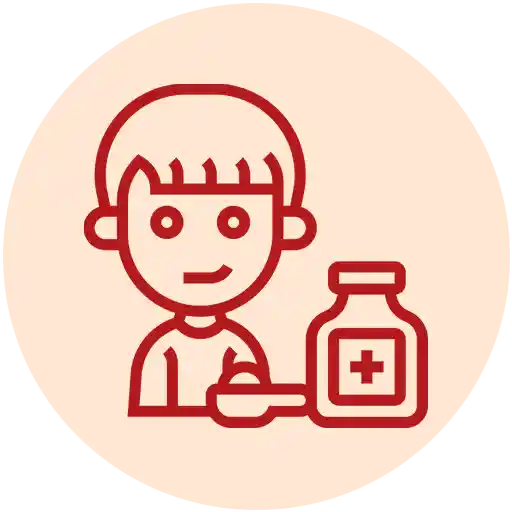 Paediatrics & Neonatology
Paediatrics & Neonatology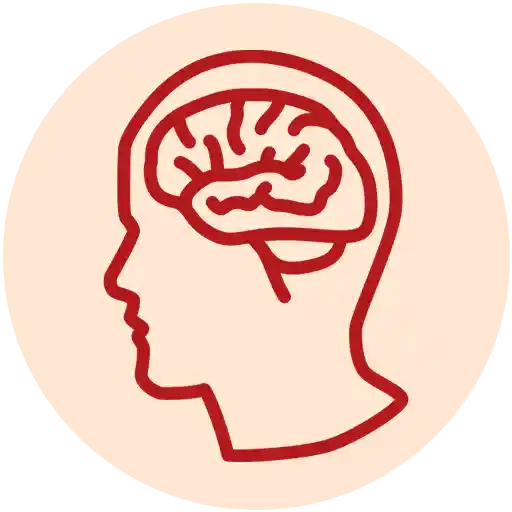 Neurology
Neurology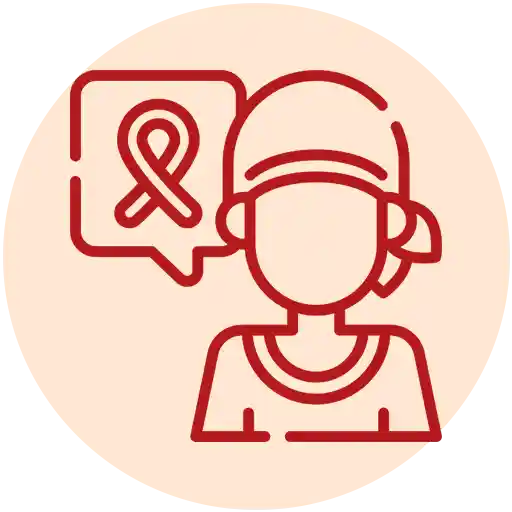 Oncology
Oncology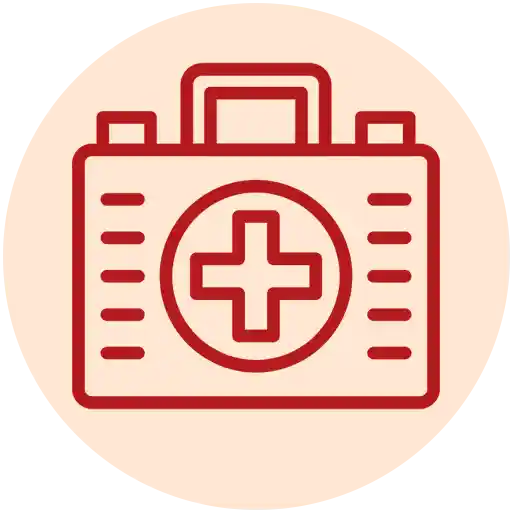 General Medicine
General Medicine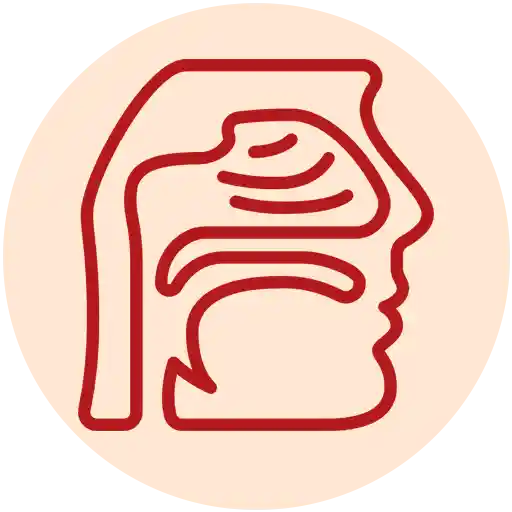 ENT
ENT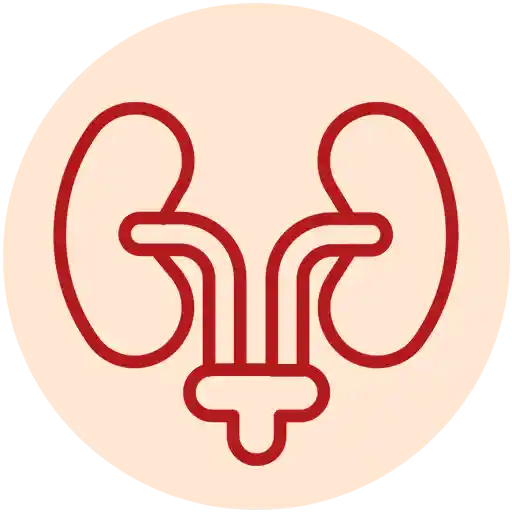 Urology
Urology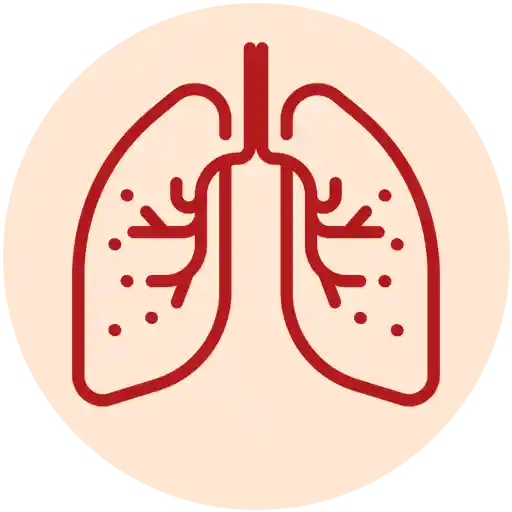 Pulmonology
Pulmonology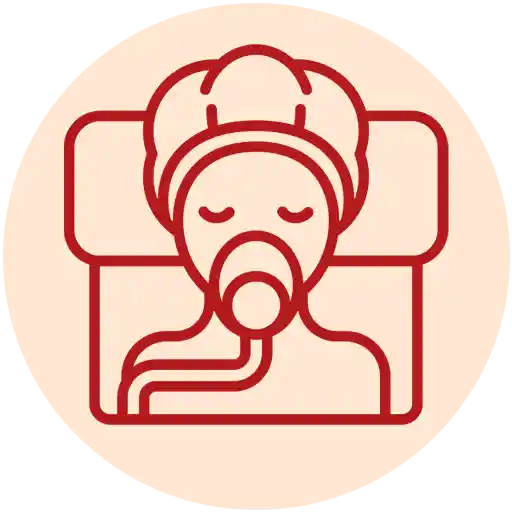 Anesthesiology
Anesthesiology Pathology, Biochemistry & Microbiology
Pathology, Biochemistry & Microbiology


